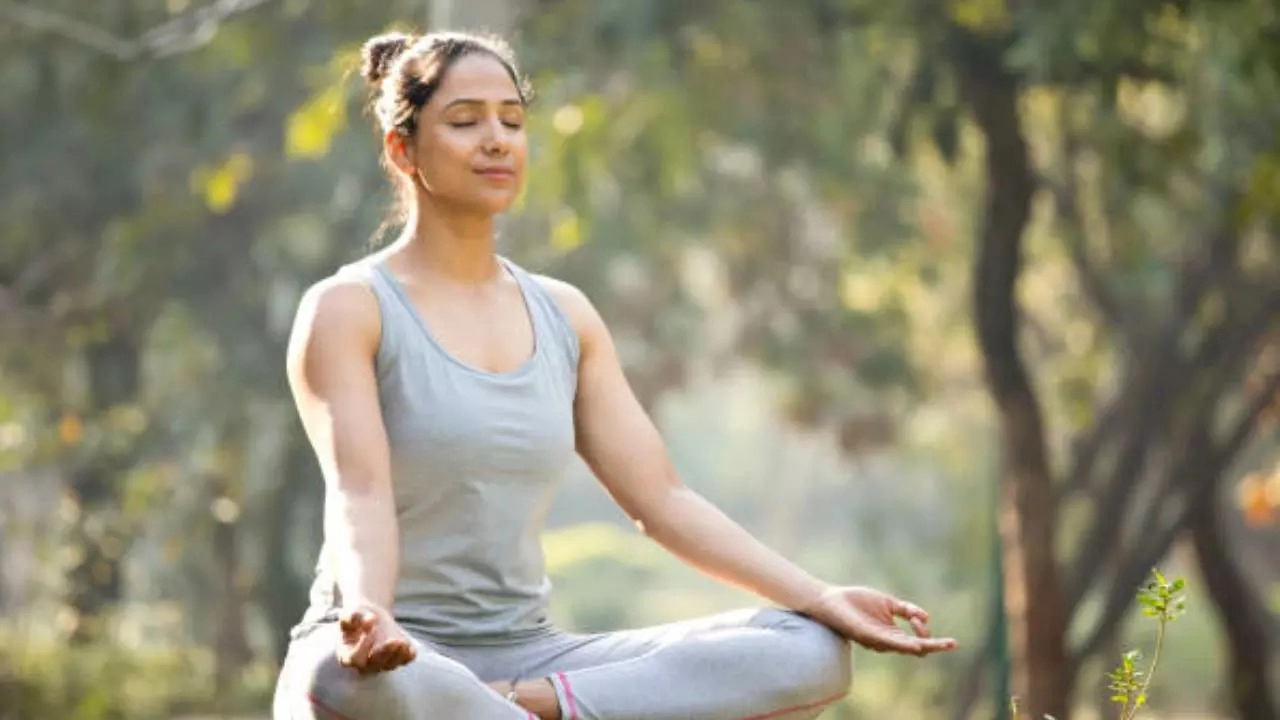
5 Essential Meditation Techniques to Reduce Anxiety and Improve Focus
5 Essential Meditation Techniques to Reduce Anxiety and Improve Focus
In today’s fast-paced world, anxiety and distractions are common struggles that many of us face. Meditation offers a powerful, natural way to manage these feelings while improving focus and overall mental well-being. Whether you’re a seasoned practitioner or new to meditation, incorporating these essential techniques into your daily routine can help you reduce anxiety and sharpen your mental clarity.
Here are five simple yet powerful meditation techniques that can bring a sense of calm and focus into your life.
1. Mindfulness Meditation
Mindfulness meditation is one of the most well-known and widely practiced forms of meditation. It focuses on being fully present in the moment, aware of your thoughts, feelings, and sensations without judgment. This technique helps reduce anxiety by shifting your attention away from worrying about the future or dwelling on the past.
How to Practice:
- Find a quiet place to sit comfortably.
- Close your eyes and focus on your breath.
- Breathe slowly and deeply, noticing the rise and fall of your chest or the sensation of air passing through your nostrils.
- When your mind wanders, gently bring your attention back to your breath without judgment.
Benefits:
- Reduces stress and anxiety by helping you stay grounded in the present.
- Enhances focus by training your brain to handle distractions.
- Improves self-awareness and emotional regulation.
Tip: Start with just 5-10 minutes a day and gradually increase the time as you become more comfortable with the practice.
2. Body Scan Meditation
Body scan meditation is a powerful technique for relieving tension and anxiety. By systematically focusing on different parts of your body, you can release physical stress and cultivate a deeper connection between your mind and body. This practice helps improve your focus by bringing attention to the present moment and encouraging relaxation.
How to Practice:
- Lie down or sit in a comfortable position.
- Close your eyes and take a few deep breaths to center yourself.
- Starting from your toes, slowly scan your body, focusing on each part for a few moments.
- Notice any areas of tension, discomfort, or relaxation without trying to change anything.
- Continue scanning up through your legs, torso, arms, and head.
Benefits:
- Reduces anxiety by promoting physical relaxation and awareness.
- Helps relieve stress-related aches and tension.
- Improves focus by encouraging a detailed awareness of bodily sensations.
Tip: Use guided body scan meditations if you’re just starting to help you through the process.
3. Loving-Kindness Meditation (Metta Meditation)
Loving-kindness meditation, or Metta meditation, focuses on cultivating feelings of compassion, love, and kindness toward yourself and others. This technique is especially helpful for reducing negative emotions such as anxiety, anger, or frustration. By fostering a sense of goodwill, it can also help improve emotional focus and positivity.
How to Practice:
- Sit in a comfortable position and close your eyes.
- Begin by silently repeating phrases like, “May I be happy. May I be healthy. May I be at peace.”
- Gradually expand this wish to others, starting with loved ones, then acquaintances, and eventually all living beings.
- Focus on the feeling of love and kindness as you repeat these phrases.
Benefits:
- Reduces anxiety by promoting feelings of compassion and empathy.
- Helps shift focus away from negative thoughts and emotions.
- Fosters positive relationships and emotional well-being.
Tip: Start by focusing on yourself, then extend loving-kindness to others, including difficult people in your life.
4. Focused Attention Meditation
As the name suggests, focused attention meditation is about concentrating on a single point of focus. This could be your breath, a sound, a word (mantra), or a visual object. This type of meditation helps train the mind to avoid distractions, making it an excellent practice for improving focus and reducing the restlessness often associated with anxiety.
How to Practice:
- Sit comfortably and choose an object of focus (your breath, a candle flame, or a word like “peace”).
- Close your eyes and concentrate fully on that object.
- If your mind wanders, gently return your attention to your chosen focus point.
- Continue this process for 5-15 minutes.
Benefits:
- Enhances concentration and attention span by training the mind to focus on one thing at a time.
- Reduces anxiety by encouraging a calm, single-pointed awareness.
- Improves mental clarity and sharpens cognitive abilities.
Tip: If using a mantra, silently repeat it with each inhalation and exhalation to maintain your focus.
5. Breath Awareness Meditation
Breath awareness meditation is one of the simplest yet most effective techniques for reducing anxiety and improving focus. It involves focusing your attention solely on the breath, helping you stay present and calm. This technique is particularly effective when you’re feeling overwhelmed or stressed, as it helps slow down racing thoughts and brings the mind back to a state of balance.
How to Practice:
- Sit comfortably in a quiet place.
- Close your eyes and bring your attention to your breathing.
- Notice the sensation of the breath entering and leaving your body.
- If your mind wanders, gently bring your attention back to your breath.
Benefits:
- Reduces anxiety by slowing down the breath and calming the nervous system.
- Improves focus and mindfulness by centering your attention on a simple, natural process.
- Can be practiced anywhere, making it a convenient way to manage stress throughout the day.
Tip: Use breath awareness meditation when you’re feeling anxious in real-time, such as before a big meeting or presentation.
Conclusion
Incorporating meditation into your daily routine doesn’t require a significant time commitment, but the benefits are profound. These five essential meditation techniques can help you manage anxiety, improve focus, and lead to a more peaceful, balanced life. Whether you’re dealing with constant stress or just want to boost your mental clarity, start small, and soon you’ll notice the transformative effects of meditation in your day-to-day life.
By making meditation a regular practice, you can cultivate mindfulness, reduce anxiety, and sharpen your focus—one breath at a time.




